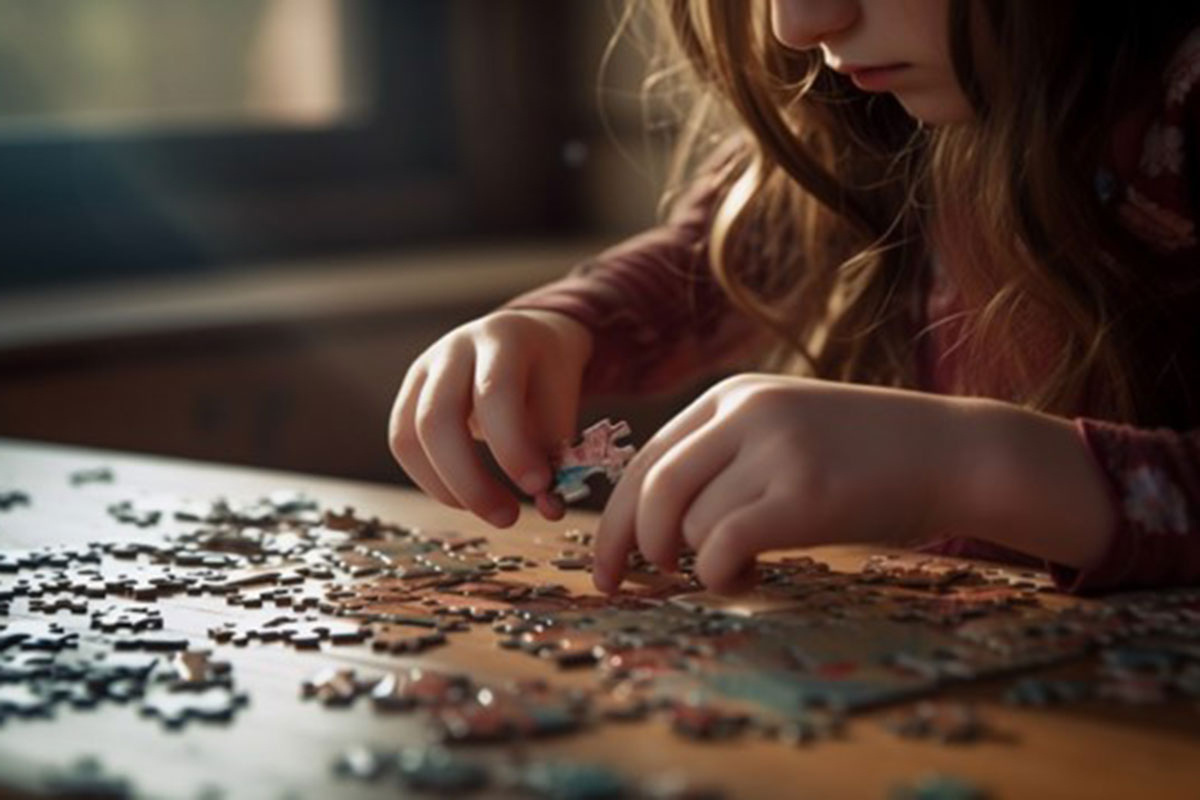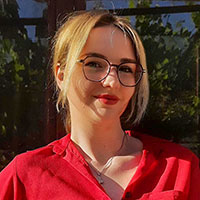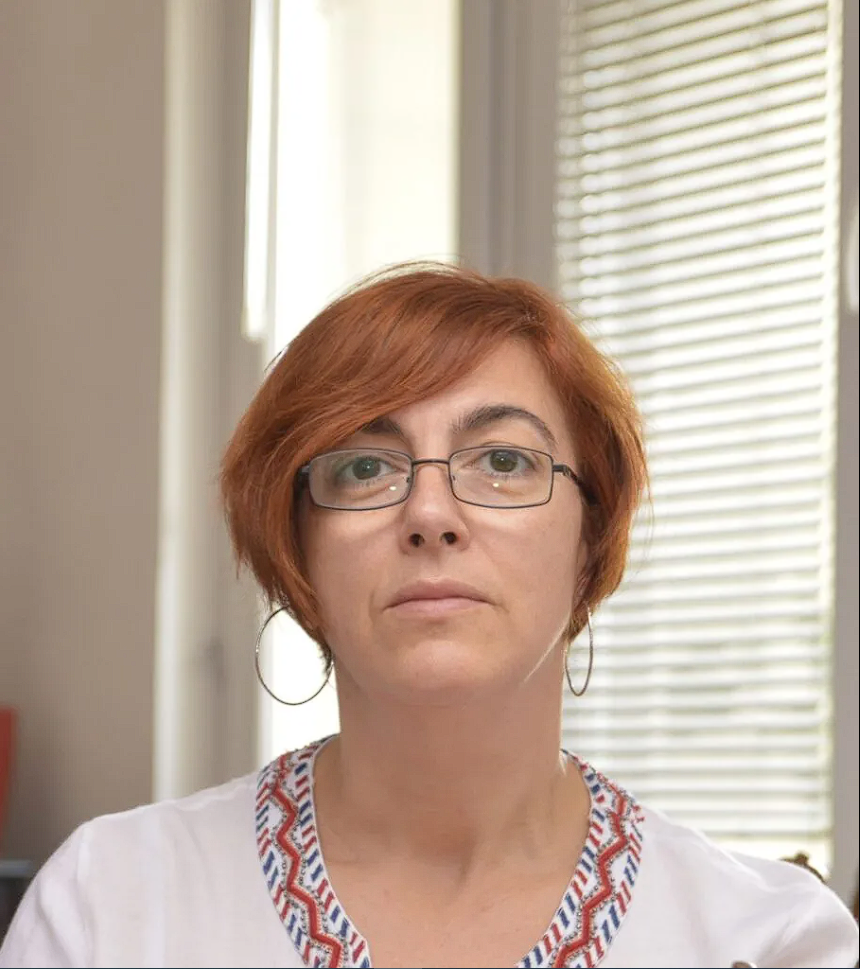How thin is the line between the right to express my opinion and the possibility of offending someone?
Freedom of speech and expression of thought is one of the basic human rights. However, the freedom of expression can be abused in certain situations and turn into the complete opposite – the so-called "hate speech". Unfortunately, the recent events in the public, force us to think that these concepts are still unclear and to ask ourselves how thin is the line between the right to express our opinion and the possibility of offending another person.
The increasing digitalization, the potential the social media have of becoming a constant source of spreading hate speech in all its forms, is something that is increasing on day-to-day basis. It seems that the number of minors using social media is high, and we can only guess how large the number of victims of hate speech can be, without the children even being aware of it, and how this experience affects their psychological and social development.
Malicious comments and messages grow into prejudices and stereotypes, hence affecting people's mental health and leaving consequences on their self-image, at the same time imposing questions such as: Am I valuable enough? Am I really not supposed to live? Why was I born different?
Any insult can become a trauma
As with any adult individual or children with atypical and typical development, any insult can develop into a trauma, if not treated appropriately. The impact and spread of hate speech on an adult has less impact if the person has a high degree of self-worth and self-respect.
Unlike adults, juvenile children are at stages of development in which they are still forming as individuals and this approach, rather than a supportive and encouraging environment, can leave a lifelong mark on children's self-image.
In 2022, the ‘Alo Bushavko’ hotline for children and youth managed by the Children's Embassy Megjashi received repots by parents/guardians of 15 children with some kind of disability (out of a total of 450 children) that their children, as well as the family, experienced discrimination from groups of parents who signed and filed petitions to move some "hyperactive", "specific", "different", "strange" child to different class or school.
Parents/guardians who organize such activities instill in their children a sense of dominance and superiority towards children with atypical development, trying not to make friends with them and to exclude them from their circle of friends.
 Source: freepik.com
Source: freepik.com
Can we imagine what traumas a child who is excluded from the group and is publicly “eyed as target” goes through? Will we notice how gradually, but surely, the excluded child develops a feeling of isolation from the environment in which the child belongs?
What if that were to be your child?
Our joint civic responsibility is the way to combating hate speech
Children with disabilities face various types of discrimination on daily basis, which is why it is more than necessary to support children with atypical development in the fight against discrimination.
Recently a report was received on hate speech against Zoran Mijalkov on the basis of discrimination against him and his children with disabilities, which was immediately followed up by the Children's Embassy Medjashi and was reported to the authorities.
The report was submitted to the Department for Computer Crime and Digital Forensics at the Ministry of Internal Affairs, referring to Article 394-d, Paragraph 1 of the Criminal Code - Spreading racist and xenophobic material via a computer system – requesting from the Ministry of the Interior to take appropriate measures.
The reaction of the authorities (MIA) is in accordance with the commitments of our country to provide "equal protection against any kind of discrimination", as stated in Article 7 of the Universal Declaration of Human Rights and "protection of the child from all forms of discrimination", as stated in Article 2 of the UN Convention on the Rights of the Child, because the country is signatory of both these documents.
Any effort to reach out to the people with disabilities is precious
The case of hate speech aimed at Zoran Mijalkov and his children with developmental conditions in the autistic spectrum is, unfortunately, not the first such case in our society. A little more than one year ago, in February 2022, our public was disturbed by the action of a group of parents who signed a petition demanding that a girl with Down syndrome, a student in a primary school in Gostivar, be transferred to another school.
In this case, the hate speech was translated into behavior, going so far as to demand that a girl who is different among the other children be excluded from the "society".
Recognizing the need to raise public awareness in the middle of 2022 the Children's Embassy Medgjasi implemented the project "We may be different, but we all have talent (awareness campaign)", with financial support from the Institute for Communication Studies (within the project Reporting Diversity Network 2.0). The project was short, but stirred a series of positive reactions in the public.
A four-month campaign on social media and the Megjashi channel was implemented, including a media conference, publication of lessons learned from the project and other activities. This effort was aimed at influencing the perception of children and adults with atypical development, moving it from perception of their "disability" towards perception of their qualities and abilities as persons, regardless of the typicality of their development.
The publication "We may be different, but we are all talented includes important messages contributed by professionals and parents of children with disabilities that can contribute to building and/or nurturing a culture that is free of hate speech:
"The concept of diversity implies acceptance and respect, understanding that each individual is unique, and recognizing our individual differences. It is these variations, contrasts, heterogeneity that make the world more beautiful and humanity more creative. Diversity goes hand in hand with inclusiveness, which implies awareness and responsibility towards oneself and others. It is a two-way street where empathy and sympathy are the paths we should follow", says Biljana Teovska, special educator and rehabilitator at "Stiv Naumov" primary school in Skopje, in the publication "We may be different, but we are all tallented".
"Persons with disabilities are one of the most marginalized groups in society about which we know very little, that is, we know what others tell us about them - the incomplete statistics, the sporadic researches that are mainly focused on what is missing to make the lives of these people more dignified, the testimonies to their families / guardians / educators / assistants. Their voices are rarely heard. That is why every attempt to reach them is precious", says Mimoza Petrevska-Georgieva, mother of a talented girl with Down syndrome.
In contrast to the hate speech aimed at people with disabilities, look at the stories of the talented Renato, Ilina, Osman, Melani and Ruzhica!
Please refer to the Terms before commenting and republishing the content. Note: The views and opinions expressed in this article are those of the author and do not necessarily reflect the views of the Institute of Communication Studies or the donor.



